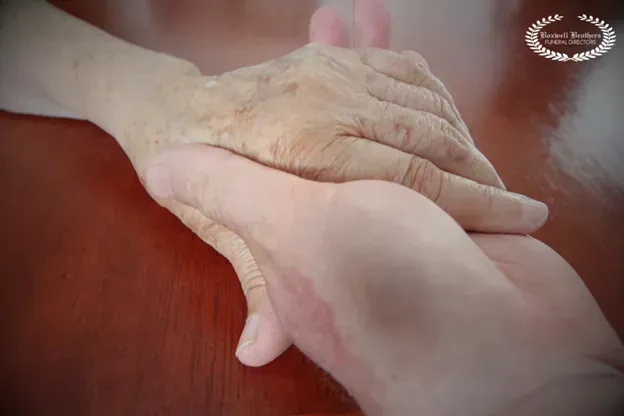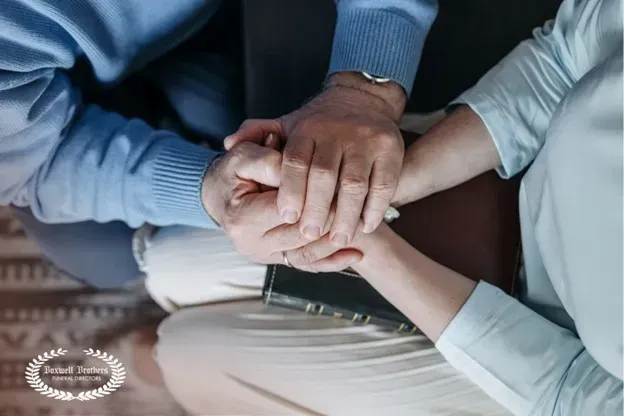SSI Benefits After Death in Texas: What You Need to Know
Losing a loved one is one of life’s most difficult experiences. Amid the grief, you may find yourself sorting through financial and legal matters, including questions about Supplemental Security Income (SSI) benefits. What happens to these benefits after a loved one’s death? What steps should you take? This guide is designed to help families in Texas understand what to do during this challenging time.
What Is SSI?
Supplemental Security Income (SSI) is a federal program that provides financial assistance to people who are elderly, blind, or disabled and have limited income and resources. The program, run by the Social Security Administration (SSA), helps recipients pay for essentials like food, clothing, and shelter. Learn more about SSI benefits on the official SSA website. Unlike Social Security retirement benefits, SSI is funded by general tax revenues, not Social Security taxes.
What Happens to SSI Benefits When a Loved One Passes Away?
SSI benefits are only intended for the recipient, which means they stop immediately upon the person’s death. If any payments are issued for the month of death or later, they must be returned to the SSA. For example, if your loved one passed away in January but a payment was deposited in February, that February payment must be returned.
The SSA works with banks to automatically retrieve direct deposits made after a recipient’s death. If payments were sent by check, it’s important not to cash them and instead return them to the SSA promptly.
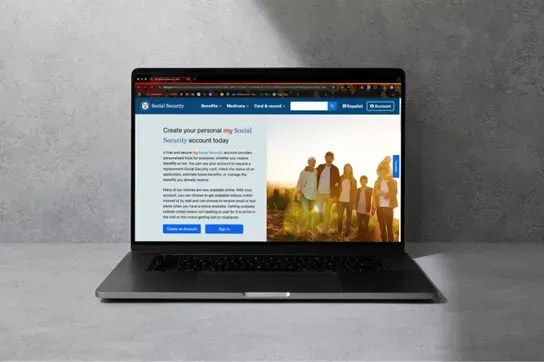
How to Notify the SSA of a Loved One’s Death
Notifying the SSA about a loved one’s passing is a crucial step to prevent complications. Visit the official SSA page for information on reporting a death. Here’s what you need to do:
- Check if the Funeral Home Will Notify the SSA: Many funeral homes report deaths to the SSA as part of their services. When you make arrangements, provide the funeral home with your loved one’s Social Security number so they can handle this step.
- Contact the SSA Yourself if Needed: If the funeral home doesn’t report the death, you can contact the SSA directly by calling 1-800-772-1213. You can also visit your local SSA office to report the death in person.
- Have Important Details Ready: When notifying the SSA, you’ll need to provide your loved one’s Social Security number, date of birth, and date of death.
Are There Survivor Benefits for Family Members?
While SSI itself doesn’t include survivor benefits, your loved one may also have been receiving Social Security benefits. If so, certain family members may qualify for survivor benefits. These include:
● A One-Time Lump-Sum Death Payment: A surviving spouse or minor child may qualify for a one-time payment.
● Monthly Survivor Benefits: Spouses, children, or dependent parents may qualify for ongoing benefits based on your loved one’s Social Security record.
There are different percentages that a person can qualify for. To determine eligibility and apply for survivor benefits, visit the SSA survivor benefits page or contact the SSA directly.
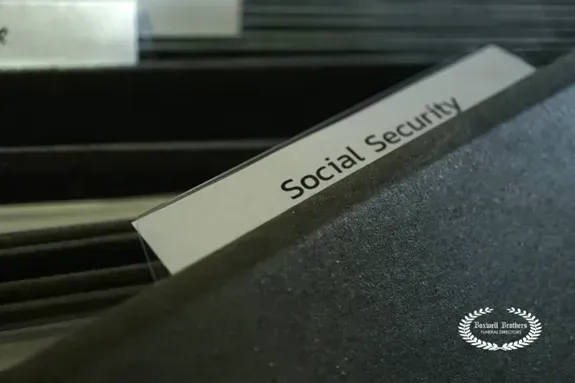
What to Do About SSI Overpayments
If an SSI payment was issued after your loved one’s death, the SSA will seek repayment. These overpayments are typically recovered from the deceased’s estate. Family members or the executor of the estate should address overpayments promptly to avoid complications. If you’re unsure how to handle this, consulting with a financial advisor or attorney can be helpful.
Practical Steps for Families in Texas
- Notify All Relevant Parties: In addition to the SSA, inform banks, creditors, and other financial institutions about your loved one’s passing to prevent unauthorized transactions.
- Review Estate Responsibilities: Work with a trusted professional to address debts, overpayments, and other financial matters tied to the estate.
- Understand Texas Probate Laws: Familiarizing yourself with Texas probate laws can simplify the process. For smaller estates or those without real property, Texas offers streamlined probate options.
The Texas State Law Library has a comprehensive guide to many specific aspects of probate law and offers forms for you to print out and fill out.
Common Questions About SSI Benefits After Death
Q: What happens if there are overpayments to the SSA? If the SSA issues overpayments, they may request repayment from your loved one’s estate. However, family members are generally not personally responsible for repaying these debts unless they shared joint accounts or co-signed obligations.
Q: Can SSI benefits cover funeral expenses? Unfortunately, SSI does not provide specific benefits for funeral costs. However, local or state assistance programs may offer financial aid to help with these expenses.
Q: How quickly does the SSA stop payments after being notified? Once the death is reported, the SSA usually halts payments immediately. It’s still a good idea to monitor for any accidental deposits and return them if necessary.
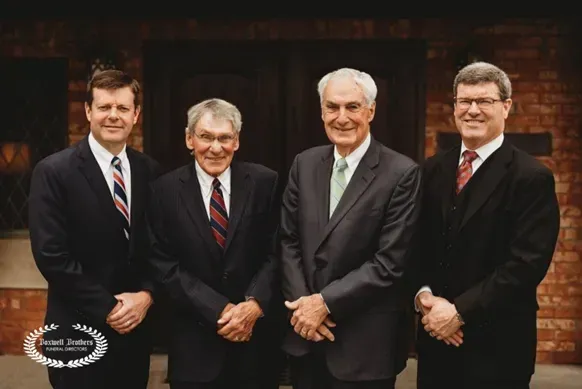
Boxwell Brothers is Here to Support You
Losing a loved one is never easy, and navigating SSI benefits after their passing can add to the stress. By understanding the process and taking the necessary steps, you can avoid complications and focus on honoring your loved one’s memory.
If you have further questions or need guidance during this difficult time, the caring team at Boxwell Brothers is here to help. You can see our dedicated page to Social Security Benefits here. Please Contact Us to ask any questions about planning a Traditional Service or Pre-Planning Services. We are here to provide you with compassionate support and expert advice.

